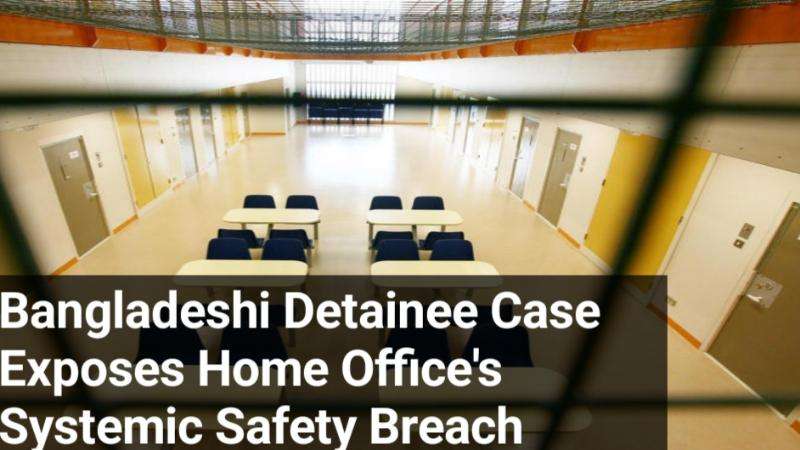 Spanish People's Party (PP) candidate Alberto Nuñez Feijoo (Image:
Spanish People's Party (PP) candidate Alberto Nuñez Feijoo (Image:Javier Lizon/EPA-EFE/REX/Shutterstock)[/caption] Alberto Núñez Feijóo, the head of Spain's conservative opposition party, declared a victory in a hurried election, but he did not receive the outcome he desired. His Popular Party (PP), despite having support from the extreme right, has not been able to gain a majority in the legislature. The cheers at the rival Socialist camp were just as loud as Socialist Prime Minister Pedro Sánchez declared: "The reactionary bloc has failed." While both can claim success, Spain is left with an inconclusive result. But Mr Sánchez has been vindicated in his controversial decision to call the vote in the searing heat of a Spanish summer, when election-day temperatures reached 40C in some parts of the country. Turnout topped 70%, as voters sensed the importance of the election, breaking off from their holidays to vote in swimwear and with beach gear in tow. "No pasarán," supporters chanted outside Socialist HQ - they shall not pass - referring both to far-right party Vox and the anti-fascist slogan of the Spanish civil war. Nonetheless, Mr Feijóo told cheering conservative supporters that it was now his duty to try to form a government. "Spaniards know we have gone from being the second force to the party with the most votes," he said, adding: "I hope this doesn't start a period of uncertainty in Spain." But that is what Spain is facing. Because with Vox on 33 seats and Mr Feijóo's PP on 136, they would be seven seats short of an absolute majority of 176 in parliament, so the most likely result of this election is another poll towards the end of the year. That is why Mr Sánchez's Socialists and his far-left allies Sumar appeared happiest. "The reactionary bloc of regression, which set out a complete reversal of all the advances that we've achieved over the past four years, has failed," he told supporters. The right has repeatedly attacked Mr Sánchez because of a badly framed law on sexual consent, as well as reforms on abortion and transgender rights. But the opposition also targeted the support he received from Catalan and Basque nationalists, arguing that concessions he made to them threatened Spain's territorial unity. Some PP supporters outside party HQ chanted Que te vote Txapote, an anti-Sánchez slogan meaning "Let Txapote vote for you", which referenced a militant who carried out killings for the defunct Basque group Eta. For much of the night the mood among PP supporters had been subdued and celebrations finally picked up when their party overtook the Socialists in the results. As their leader finished his speech, little groups of voters draped in Spanish flags asked each other what would happen next. These were not victorious activists celebrating. Despite the rhetoric from the balcony above, this felt like an empty win. One Spanish website, El Español, said that despite the PP's victory, Pedro Sánchez still had a chance of forming a government. But those very slim chances would require going even further than before in securing separatist support. He would also need the backing of a hardline pro-independence party, Together for Catalonia (Junts), which appears unwilling to support him. The 70% turnout was higher than in November 2019, despite the summer heat. That was partly due to almost 2.5 million postal votes being cast, but polling stations were busiest in the morning before the heat took hold. Vox remains the third biggest party, with the support of three million of Spain's 37 million voters, but not significantly ahead of Sumar and with a big drop in seat numbers. Voting numbers were buoyed on Sunday by 1.6 million young voters having the right to take part in the election for the first time. An estimated 10 million Spaniards are already on holiday and one man at a coastal polling station made a point of wearing a snorkel and flippers. A couple called Pilar and Luis who got married in Granada on Saturday headed out to vote in their wedding clothes hours after their party ended the night before. Many voters said they felt there was too much at stake in this election, even if it was being held in mid-summer. One father of three, called Sergio, told the BBC that many people he knew were anxious and angry that an extreme-right party might end up in government. Vox leader Santiago Abascal was one of the few leaders not showing any sign of celebrating Sunday's result. Political analyst Iago Moreno said the far right blamed the conservative PP for "complicity in the demonisation of Vox", so they saw Sunday's result as the beginning of a journey to a "second round" which could come by Christmas. While the Socialist leader and Sumar put on a show of unity in a TV debate last week, Alberto Núñez Feijóo was conspicuously absent, giving the impression that Vox was on its own. But Vox voters did come out in force, backing Mr Abascal's platform of anti-immigration and anti-feminism. Many saw him as their best hope of defending Spain's traditional values.







.svg)
